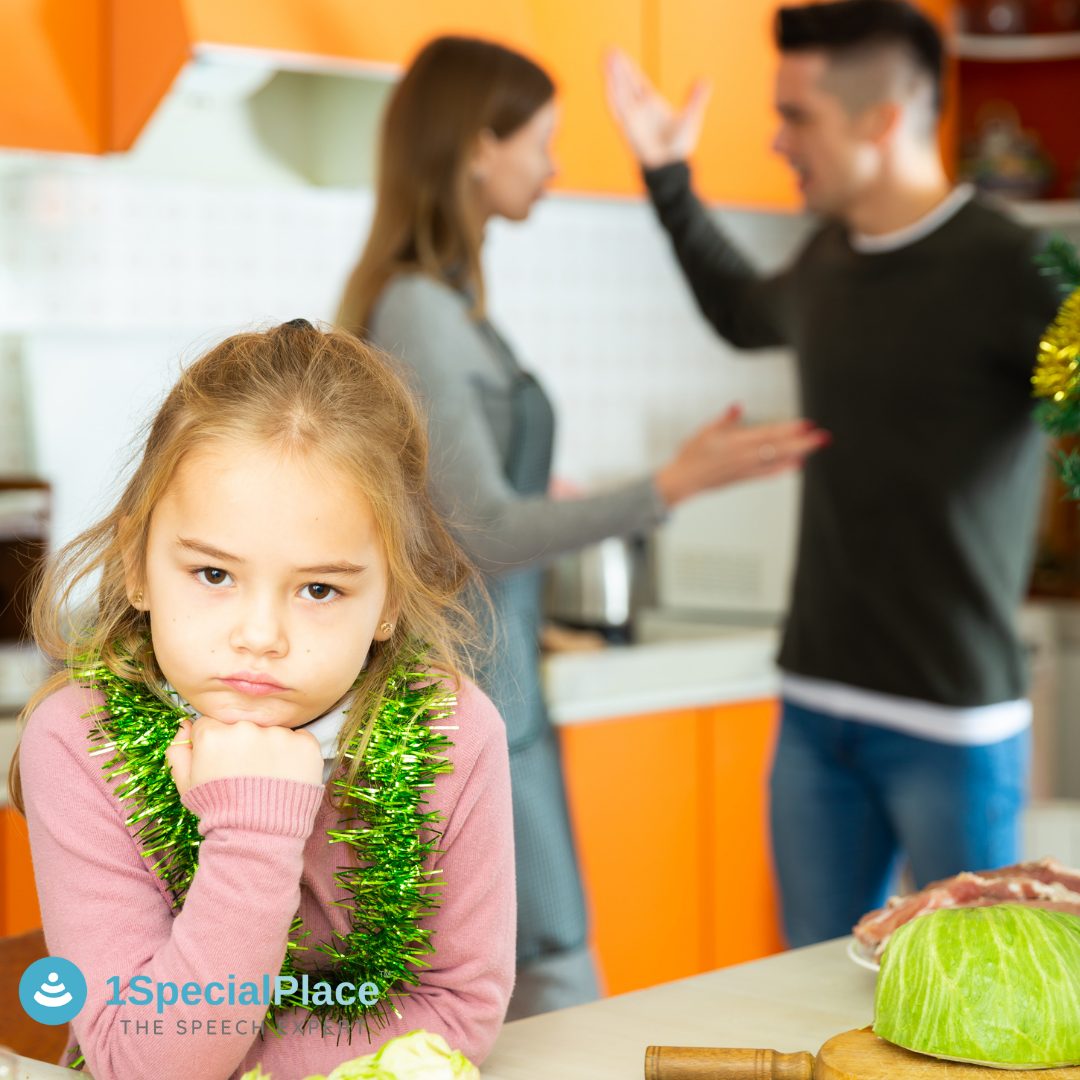
Impact of Parental Conflict
Impact of Parental Conflict
Role of Parental Conflict
Parental Conflict can play a major role in emotional development in children. Disagreements and arguments are common in relationships. As adults, we know that there will be times when we may not agree on a few things with our spouses. However, we need to understand how parental conflicts can affect our children. Children are highly tuned to their environment. We need to be sensitive in understanding that while we may not be able to avoid our conflicts, we need to ensure that kids don’t get adversely impacted by them.
Mental health impacts of mishandled parental conflict can often affect adulthood: Even after children have become adults, the quality of their parents’ relationship can still affect their mental health and well-being. This is usually caused when couples get stuck in the loop of negative interactions, exposing their children to chronic parental conflict. Additionally, children model their parents’ way of communication in their own relationships, which may further damage their mental health.
Signs that parental conflict is affecting a child
- Feels pressured to take sides
- Feeling responsible for the parental conflict
- Acting out/Aggressive behaviors
- Feeling unloved and lonely
- Hampered social skills and confidence
- Inability to focus/ poor academic performance
- Hyper-vigilant
- Needing constant attention/ reassurance
How to minimize the effects of parental conflict in children?
Reassure the child
Understand that children are highly tuned to their environment especially at home. More often than not, children tend to blame themselves when parents argue. This results in a child being withdrawn and stressed. To avoid that, it is important to assure the child that they are not responsible for the ongoing conflict. Have an honest conversation with your child about your conflict while letting them know it is nothing to worry about. You can learn more here.
Prioritize the child
To keep your child safe from any unnecessary trauma, move the heated arguments to a private space. Ensure you don’t indulge in yelling or shouting or throwing things while a child is around. If you are prone to having anger outbursts at your partner, then it is a good idea to occupy your child with a game or a video or leave them with a friend or grandparent while you sort out your issues. Make time to listen to your child’s thoughts and address their concerns.
Have rules about arguments
We know that having arguments as a couple is unavoidable. There will be times when spouses will end up in a conflict. It is a good idea to make rules about such situations. Ensuring that you will not berate one another or increase your voice when in front of your child can help. Following such rules will also help your child model same behavior when in conflict with others. Ensuring that apologies are made clearly and openly can be assuring and a teaching moment for the child.
Do it the right way
Children’s mental health can actually benefit when parents act constructively around their conflicts. When parents have differences, they can talk calmly together and focus on solving the problem. Perhaps by using humours to work through the conflict or be gentle towards one another. This will have a positive impact on the children as they see how their parents can work out differences. As a result, they will feel safe and secure. You can read this article to know more.
Be honest and Prepare
If the conflict is serious and there are major implications that lead to a separation, it is important to prepare and communicate the same to your child. Letting your child know that you will be moving out for a few days or there is a major change going to happen in their life will help them to accept. When children are not made aware of such big life changes, it leaves them feeling confused and traumatized. This trauma can affect their mental health and also hamper their own relationships in the future.
Avoid involving your children
When arguing or having a fight, don’t involve the kids. Sometimes couples focus their attention not on solving the problem, but on insults, verbal anger, or toxic expressions of anger. Friction can be caused by one parent pursuing the dispute by abusing the other in front of the children. Saying mean things about the other parent or making fun of them by berating them in front of kids can have adverse effects on their mental health and also the relationship between them and that parent.
Don’t hesitate to seek professional help
There are wide ranges of mental health concerns associated with parental conflict on children. Children’s sense of emotional security comes from their emotional climate. When their environment is not safe and secure, they feel threatened. There are ways to prevent this traumatizing damage. Professional interventions with parents can lead them to handle conflicts more constructively, encouraging them to solve problems together and speak kindly to each other. These interventions ensure improvements in children’s mental well-being. Furthermore, it also supports parents’ mental health and develops positive parenting. Relationships with peers, other adults, or a sibling also buffer the impact on children of parental conflict.
For parents who struggle with managing such conflict, it’s never too late to try healthier ways of tackling differences. Otherwise, the occasional negative interactions may gradually become so normal that damage is already done to not only the couple but also the children impacting the whole family. Starting early is the key to healthier family dynamics and happier kids.
- Effects of Psychotherapy on Parental Stress - November 21, 2023
- Couple’s Therapy: Navigating marital issues as a parent - June 9, 2023
- Talk Therapy for stuttering - May 31, 2023

Leave a Comment
(0 Comments)